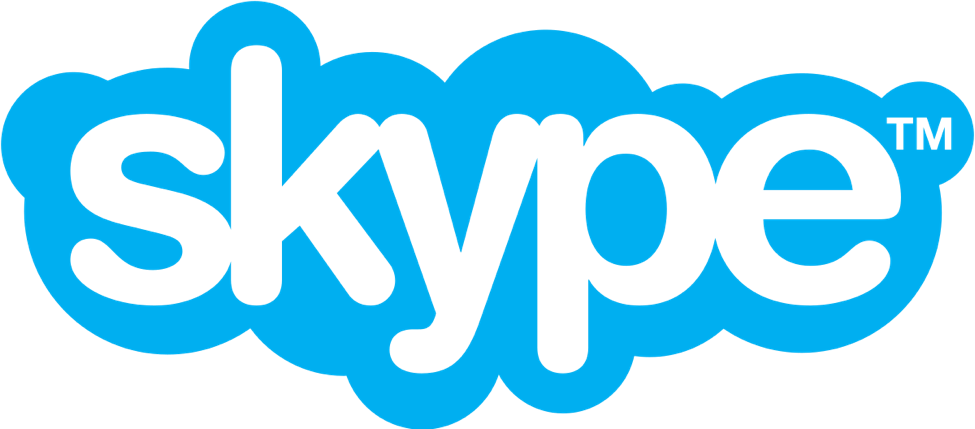Cisco has lodged an appeal with the European Commission over Microsoft’s acquisition of Skype, that was approved in May last year.
The network equipment manufacturer does not oppose the merger, but wants to see conditions placed on the deal that would obliged Microsoft to develop "standards-based interoperability".
Writing on an official Cisco blog, senior vice president Marthin De Beer wrote that Microsoft’s plans to integrate Skype with its Lync Enterprise Communications Platform could lock Skype’s 700 million users to Microsoft.
"Making a video-to-video call should be as easy as dialling a phone number, De Beer wrote. "Today, however, you can’t make seamless video calls from one platform to another.
"We respectfully request that the General Court act on our concerns and for the European Commission to ensure the proper protections are put in place to encourage innovation and a competitive marketplace."
In a statement, Microsoft avoided any discussion of open standards or fears of user lock in, but noted that Cisco had actively participated in the investigation of the acquisition and approved the deal without conditions. "We are confident the Commission’s decision will stand up on appeal," a spokesperson said.
Thanks to its acquisition of Tandberg in 2010, Cisco controls about 50% of the $2.2 billion corporate video conferencing market, according to figures from Infonetics Research.
In January 2010, it released the TelePresence Interoperability Protocol (TIP), which allows businesses using high definition, multic video conferencing from alternative suppliers to connect to its customers’ systems. TIP is now licensed by standards body International Multimedia Telecommunications Consortium (IMTC). It is supported by AT&T, HP, Radvision and Polycom, but not Microsoft or Skype.










